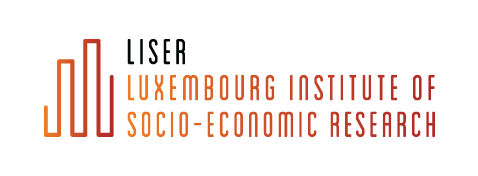Publications par années
Publications par années
| L'acronyme | IMeRSe |
|---|---|
| statut | Fini |
| Les dates de début/date réelle | 1/09/16 → 31/08/20 |


Résultats de recherche: Le chapitre dans un livre, un rapport, une anthologie ou une collection › Chapter › Revue par des pairs
Résultats de recherche: Contribution à un journal › Article › Revue par des pairs
Résultats de recherche: Papier de travail › Working paper
Résultats de recherche: Papier de travail › Working paper
Résultats de recherche: Autre contribution
Résultats de recherche: Contribution à un journal › Article › Revue par des pairs
Résultats de recherche: Papier de travail › Working paper
Résultats de recherche: Contribution à un journal › Article › Revue par des pairs